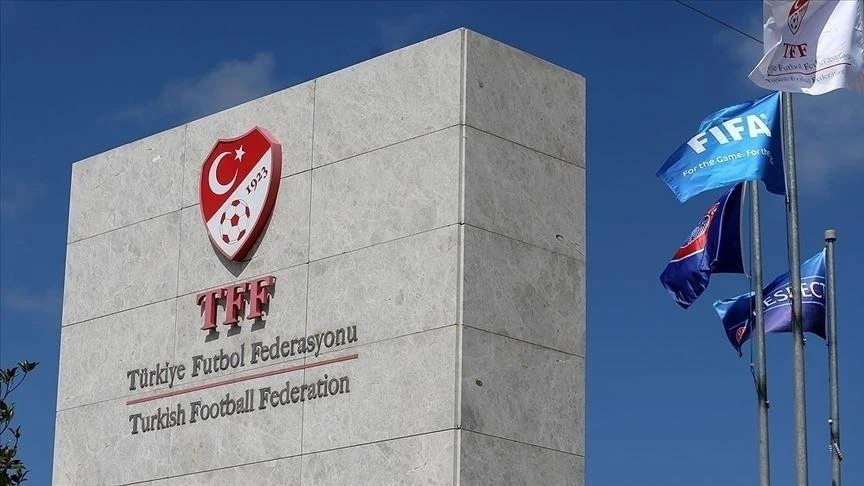Historic Olympics moments revisited as Paris 2024 draws near
 Reflecting on Olympic history ahead of Paris 2024 (Created with Dalle by Selin Hacialioglu)
Reflecting on Olympic history ahead of Paris 2024 (Created with Dalle by Selin Hacialioglu)
While Paris gears up to host the 33rd Olympic Games in 2024, the world eagerly anticipates another chapter in the storied history of this prestigious event.
The Olympics have always been a stage for unforgettable moments that transcend sports, capturing the hearts and imaginations of millions.
From astonishing feats of athleticism to unexpected acts of sportsmanship, each Games offers a unique glimpse into the human spirit. As we look forward to Paris 2024, it’s worth revisiting some of the most captivating stories from past Olympics that continue to inspire and amaze.
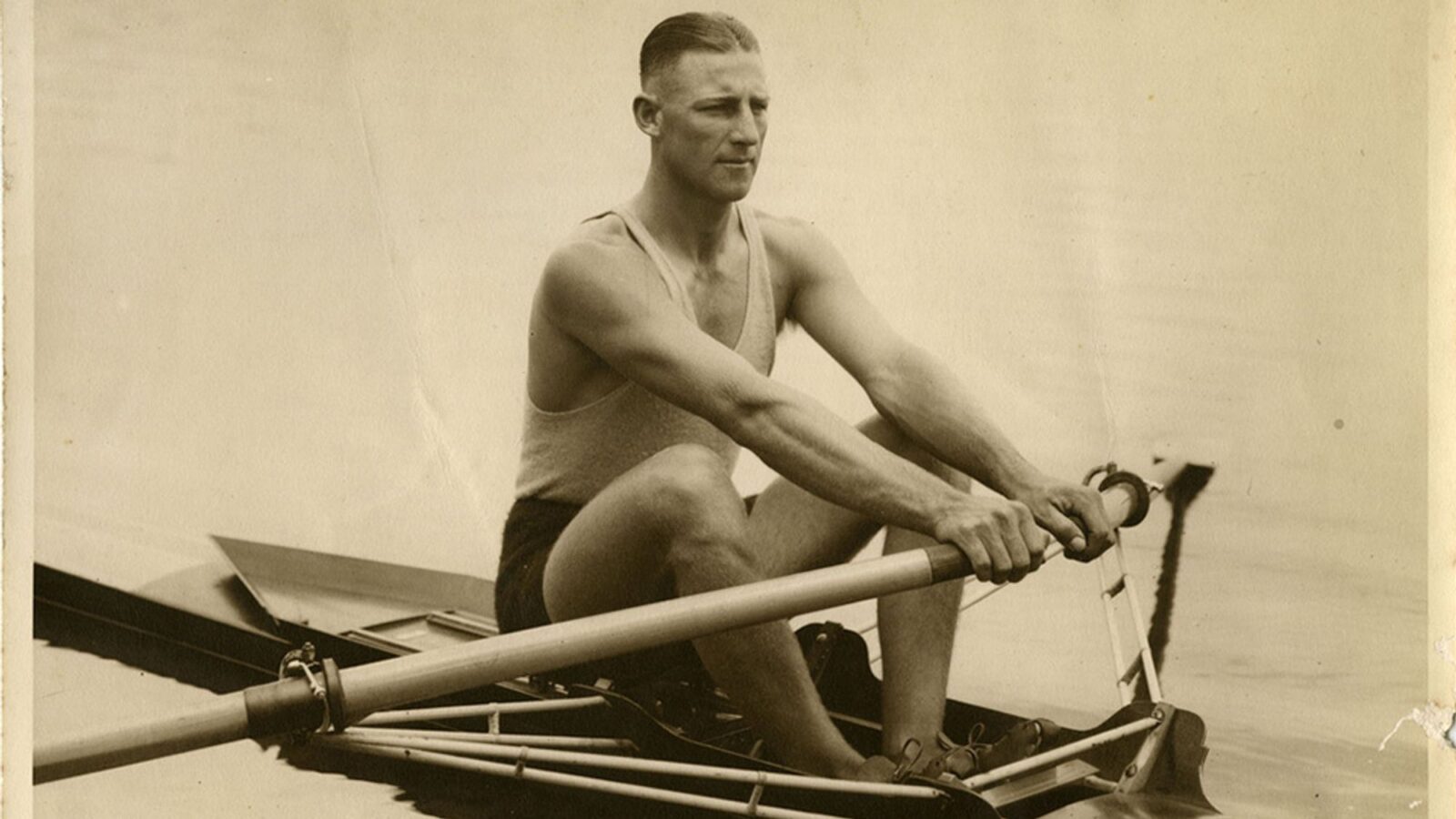
Acts of sportsmanship, controversy in Olympics
One of the most heartwarming stories is from the 1928 Amsterdam Olympics. Australian rower Henry Pearce, competing in the quarterfinals, stopped his boat to let a family of ducks pass safely. Despite this interruption, Pearce resumed the race and won the gold medal, demonstrating his sportsmanship and respect for nature.
At the 1904 St. Louis Olympics, American marathon runner Fred Lorz rode in a car for a large part of the race. When discovered, officials disqualified him, marking one of the earliest instances of cheating in Olympic history.
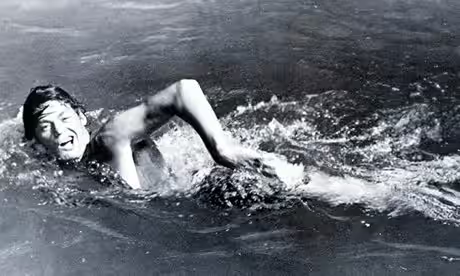
Some of most remarkable performances in Olympics
The 1924 and 1928 Olympics saw the dominance of Johnny Weismuller, an American swimmer who later gained fame as the actor playing “Tarzan.” Weismuller won five gold medals across these Games, showcasing his prowess in the pool long before his Hollywood career.
The 1900 Paris Olympics featured an unusual and tragic event in the shooting competitions, where real pigeons were used instead of clay targets. This decision led to the killing of 300 birds, making it a controversial chapter in Olympic history.
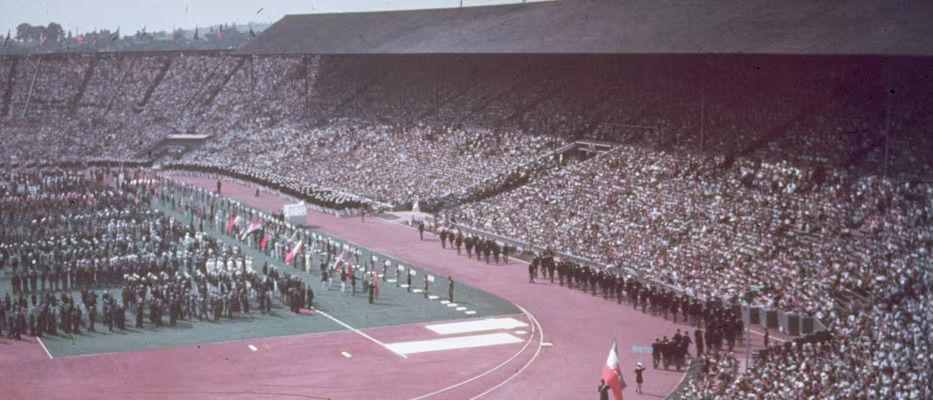
Overcoming adversity in Olympics
In 1948, the London Olympics faced unique challenges due to bad weather. Some events were held in the evening, and car headlights illuminated the competition areas. This improvisation highlighted the resourcefulness required in the face of adversity.
Another fascinating tradition involves national anthems. During medal ceremonies, anthems cannot exceed three minutes. Uruguay’s national anthem, lasting six and a half minutes, presents a unique challenge for the organizers.
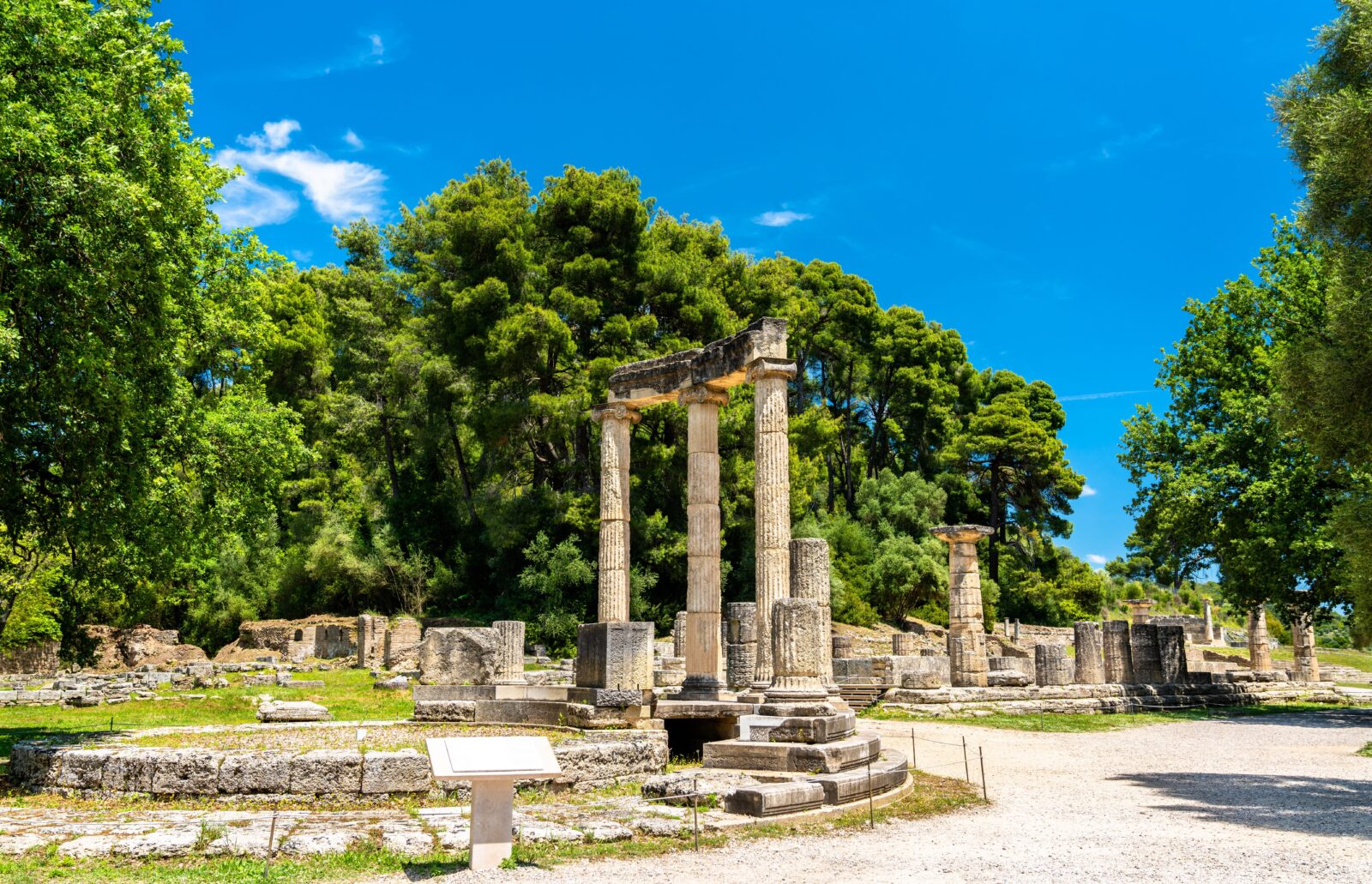
Environmental efforts, ancient practices in Olympics
The 2012 London Olympics made significant efforts to protect wildlife by placing 500 bird and 150 bat nests in the Olympic Park. This initiative blended the Games with environmental conservation efforts.
Reflecting on the ancient roots of the Olympics, athletes in Ancient Greece competed naked. This tradition, rooted in celebrating the human body, contrasts sharply with today’s Games.
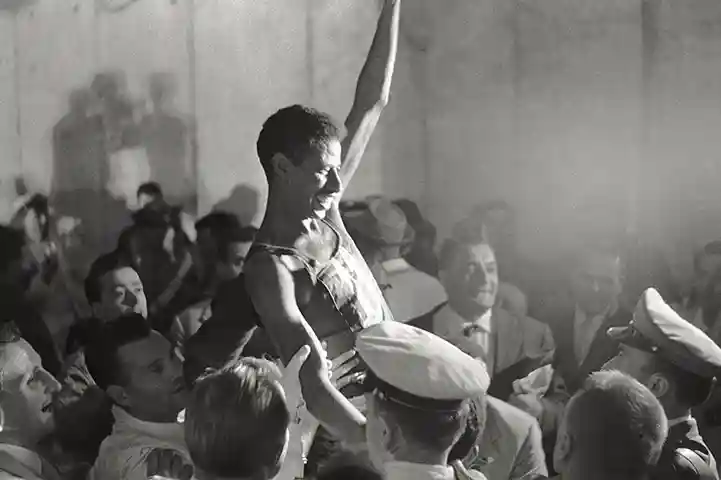
Firsts of Olympics: Bikila’s victory, Basilio’s torch
The 1960 Rome Olympics marked a historic moment when Ethiopian runner Abebe Bikila became the first black athlete to win a marathon. Bikila ran barefoot and set a new Olympic record, marking a significant milestone in the Games’ history.
The 1968 Mexico City Olympics featured Norma Basilio, the first woman to light the Olympic cauldron. This act symbolized progress and inclusivity in the Olympic movement.
The 1900 Paris Games awarded paintings instead of medals to winners. French organizers believed that art was a more valuable prize than traditional medals.
The 1936 Berlin Olympics were the first to be broadcast on television. This innovation expanded the Games’ reach and influence worldwide, paving the way for the global spectacle the Olympics have become today.
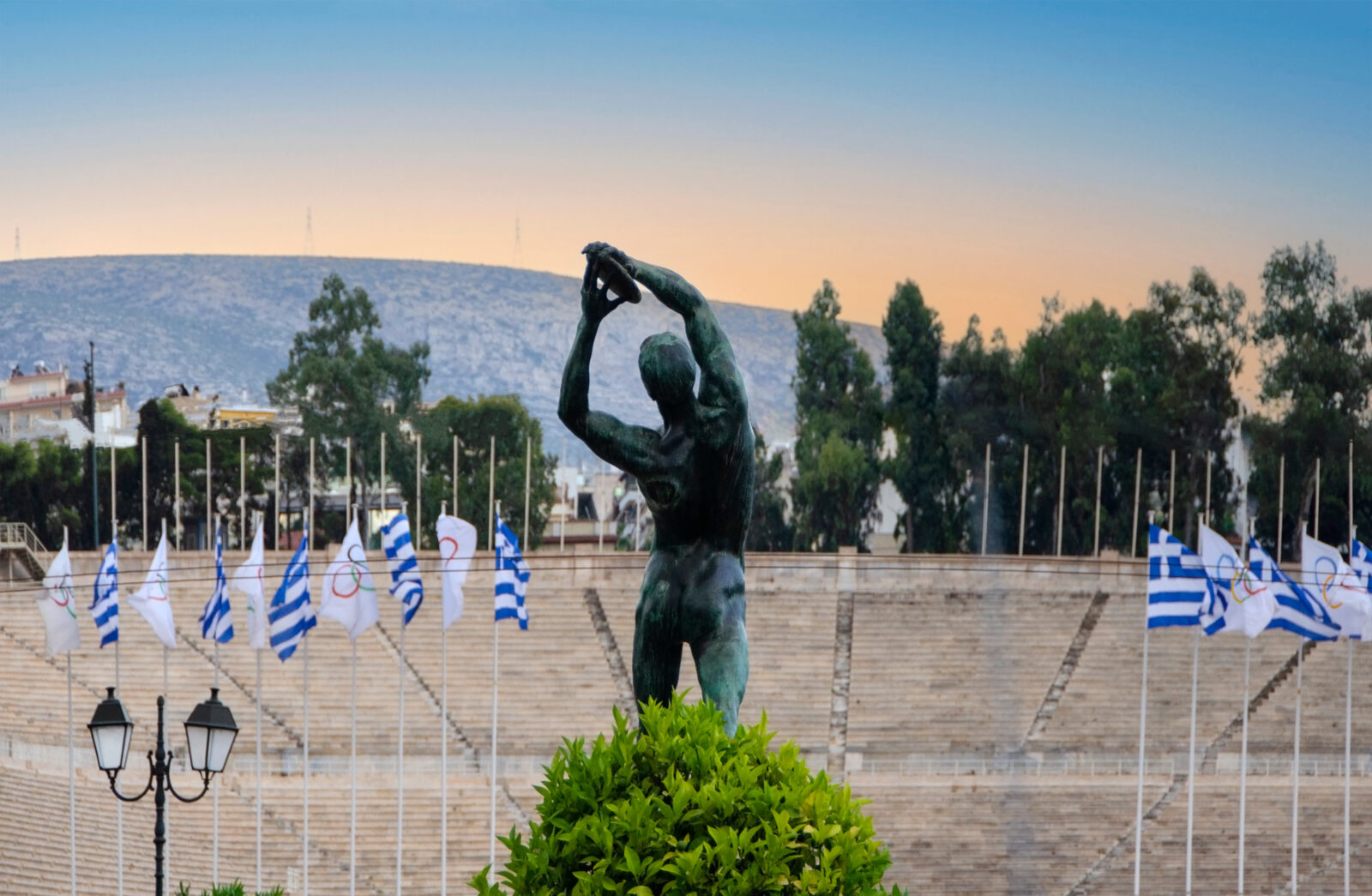
Relocations and birth of modern Olympics
Originally planned for Rome, the 1908 London Olympics moved due to Mount Vesuvius erupting. The Games spanned over six months, making them one of the longest in history.
The first modern Olympic Games in Athens in 1896 lasted only nine days. They featured 241 athletes from 14 countries, setting the foundation for the modern Olympic movement.

